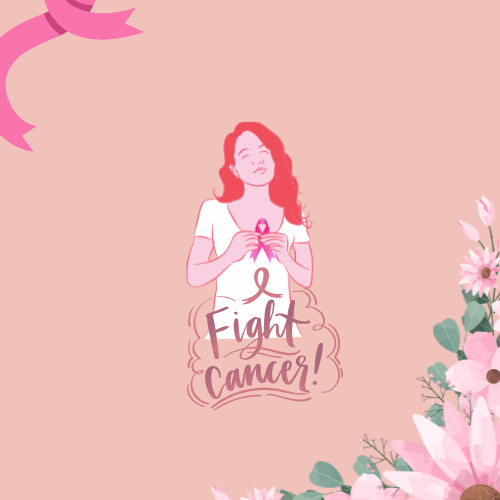Breast cancer is one of the most common types of cancer affecting women worldwide. Raising awareness about breast cancer is crucial for early detection, timely treatment, and saving lives. In this comprehensive guide, you’ll learn what breast cancer is, its risk factors, warning signs, treatment options, and how you can protect yourself and support others.
What Is Breast Cancer?
Breast cancer occurs when cells in the breast grow uncontrollably and form a tumor. If not treated early, this cancer can spread to other parts of the body through the blood and lymph system. While breast cancer is most common in women, men can develop it too, although it is rare.
Why Breast Cancer Awareness Matters
Breast cancer awareness plays a vital role in educating people about early signs and encouraging regular screenings. Early detection greatly increases the chances of successful treatment and survival. Campaigns during Breast Cancer Awareness Month every October remind people to perform self-exams, schedule mammograms, and support research efforts.
Risk Factors for Breast Cancer
Anyone can develop breast cancer, but certain factors can increase your risk:
- Age: Risk increases with age, especially after 50.
- Family History: Having a close relative with breast cancer raises your risk.
- Genetic Mutations: Inherited mutations like BRCA1 and BRCA2 significantly increase the likelihood of developing breast and ovarian cancer.
- Hormone Replacement Therapy: Some hormone treatments can raise risk.
- Lifestyle Choices: Smoking, alcohol consumption, obesity, and lack of exercise may contribute to breast cancer risk.
Knowing your risk factors helps you take proactive steps for prevention and screening.
Signs and Symptoms of Breast Cancer
Early breast cancer may not cause noticeable symptoms, which is why regular screening is vital. However, common signs include:
✅ A lump or swelling in the breast or underarm
✅ Changes in the size or shape of the breast
✅ Unexplained pain in the breast or nipple
✅ Nipple discharge other than breast milk, sometimes bloody
✅ Skin dimpling or irritation on the breast
✅ Redness or flaky skin on the nipple or breast area
If you notice any of these symptoms, consult your doctor immediately.
Breast Cancer Screening and Diagnosis
Routine screening saves lives. Here’s what you should know:
- Self-Exams: Monthly self-exams help you detect changes early.
- Clinical Breast Exams: Performed by a healthcare professional during routine check-ups.
- Mammograms: An X-ray of the breast that can detect cancer before a lump is felt. Women aged 40 and above should discuss a screening schedule with their doctor.
- Biopsy: If a suspicious area is found, a biopsy confirms whether cancer is present.
Treatment Options for Breast Cancer
Treatment depends on the type and stage of cancer, as well as your overall health. Common options include:
- Surgery: To remove the tumor and surrounding tissue. Types include lumpectomy and mastectomy.
- Radiation Therapy: Uses high-energy rays to destroy cancer cells.
- Chemotherapy: Uses drugs to kill cancer cells throughout the body.
- Hormone Therapy: Blocks hormones that fuel certain breast cancers.
- Targeted Therapy: Targets specific characteristics of cancer cells to stop their growth.
- Immunotherapy: Helps the immune system fight cancer more effectively.
Your doctor will recommend a personalized treatment plan that suits your needs.
How to Reduce Your Risk of Breast Cancer
While not all cases are preventable, these healthy habits may lower your risk:
🌿 Maintain a healthy weight
🍎 Eat a balanced diet rich in fruits, vegetables, and whole grains
🚭 Quit smoking and limit alcohol
🏃♀️ Stay physically active
👩⚕️ Get regular screenings and talk to your doctor about your family history
Supporting Breast Cancer Patients
If you or someone you love is battling breast cancer, remember that emotional support is as important as medical care. Join local or online support groups, talk openly with family and friends, and reach out to cancer care organizations for resources and counseling.
Final Thoughts
Breast cancer awareness empowers people to recognize the early signs, seek timely medical help, and support life-saving research. Stay informed, take proactive steps to reduce your risk, and encourage others to do the same. Together, we can fight breast cancer and give hope to millions affected by this challenging disease.



